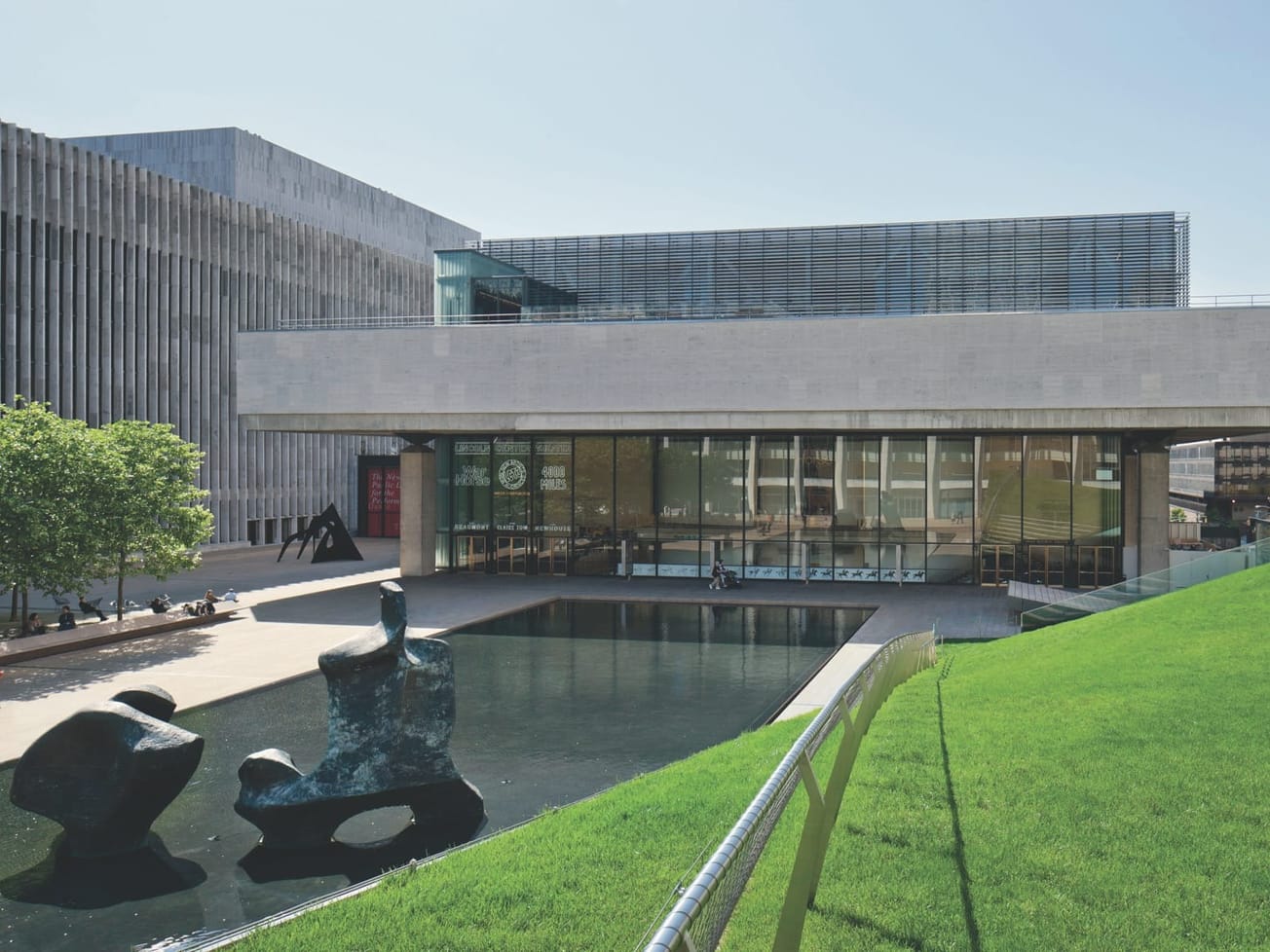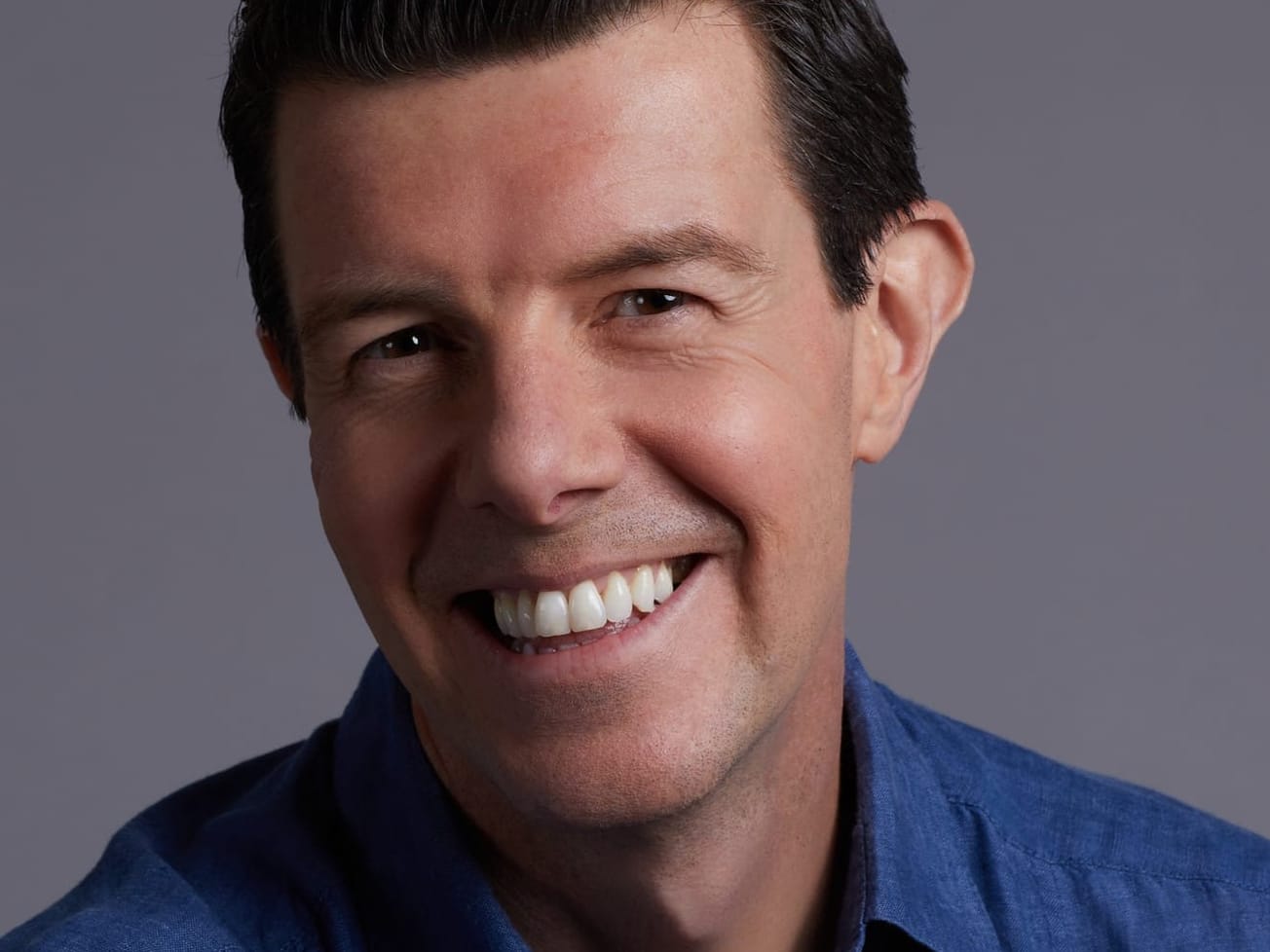At the end of January 2023, Broadway News sat down for an in-depth interview with the president of the Broadway League, Charlotte St. Martin.
As Broadway continues to fight back to its pre-shutdown strength in the wake of the COVID-19 pandemic, an economy rebounding from inflation and the public’s perception of New York City, Broadway News wanted to hear from one of the industry’s few visible leaders — a woman who is often considered the spokesperson for Broadway itself.
St. Martin has served as president of the League since 2015. She first joined the organization as executive director in 2006.
In the final segment of this three-part series, St. Martin delves into specifics about the League’s government relations and how she and her colleagues are preparing for future obstacles to ensure the sustained success of Broadway.
Read part 1 in the series: St. Martin’s perspective on the successes and pain points of Broadway right now.
Read part 2 in the series: St. Martin’s explanation of the League’s role and its scope of current priorities.


























































